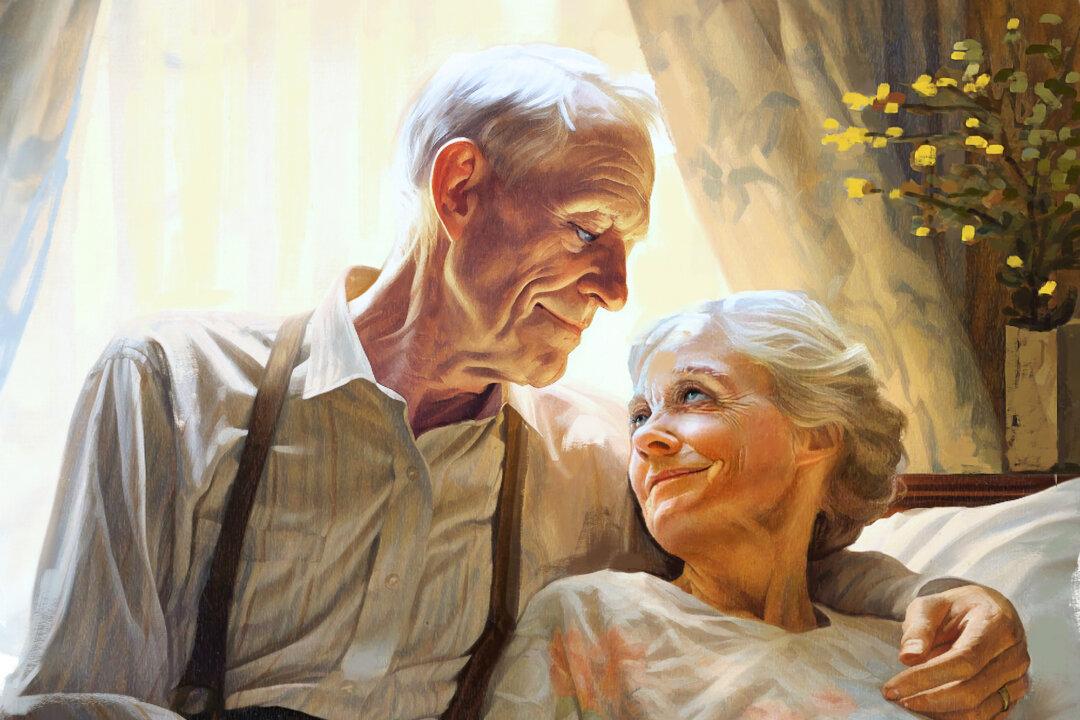“What I wish for ...” my mother said. She repeated, “What I wish for ...”
Those were her last words, spoken from the basement of consciousness. A few hours later, Mom was gone.

“What I wish for ...” my mother said. She repeated, “What I wish for ...”
Those were her last words, spoken from the basement of consciousness. A few hours later, Mom was gone.